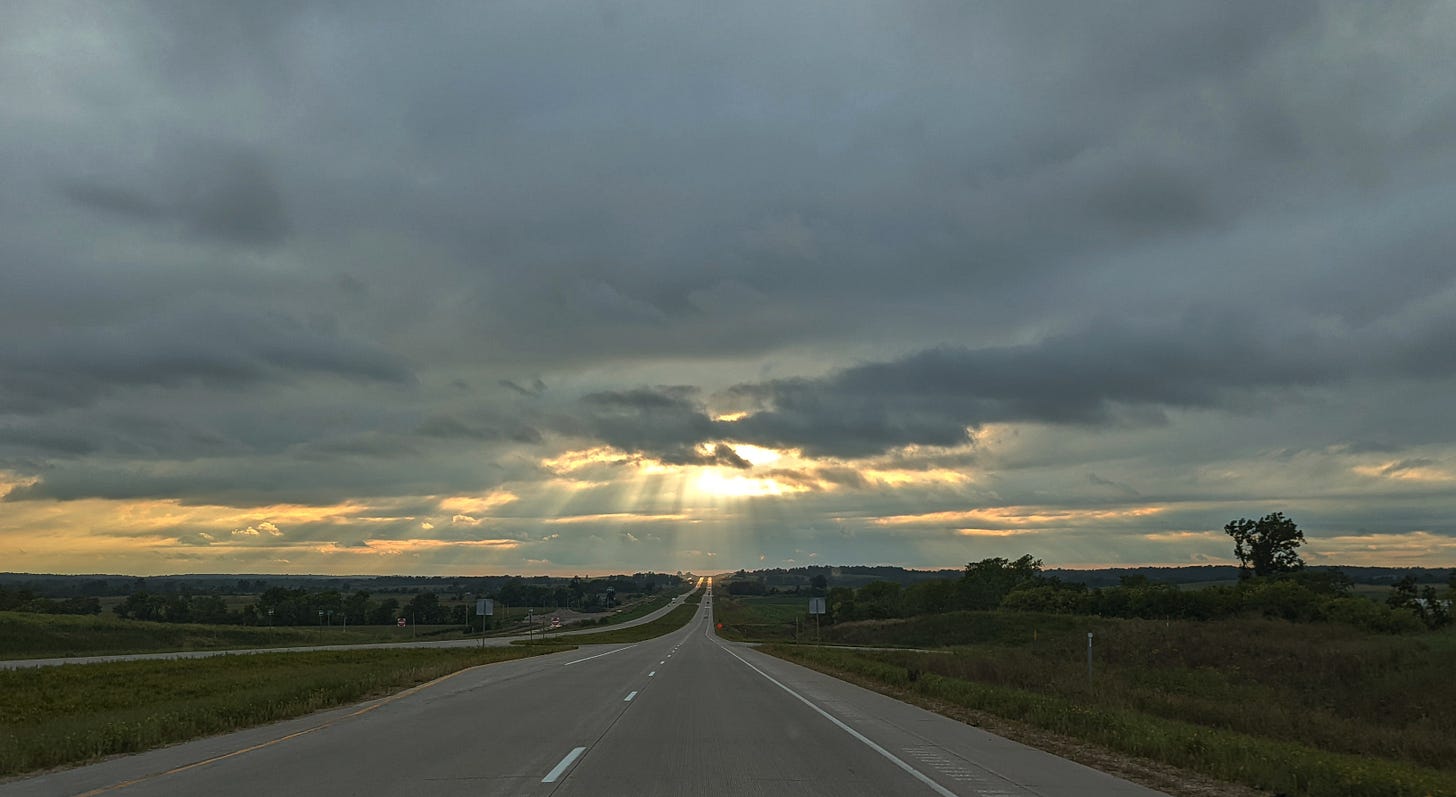This is the mid-week edition of Men Yell at Me, a newsletter about personhood and politics written by a journalist (me), living in Iowa. Subscriptions make it possible for me to stay in Iowa, even as everyone is leaving.
© 2025 Lyz Lenz
Substack is the home for great culture




